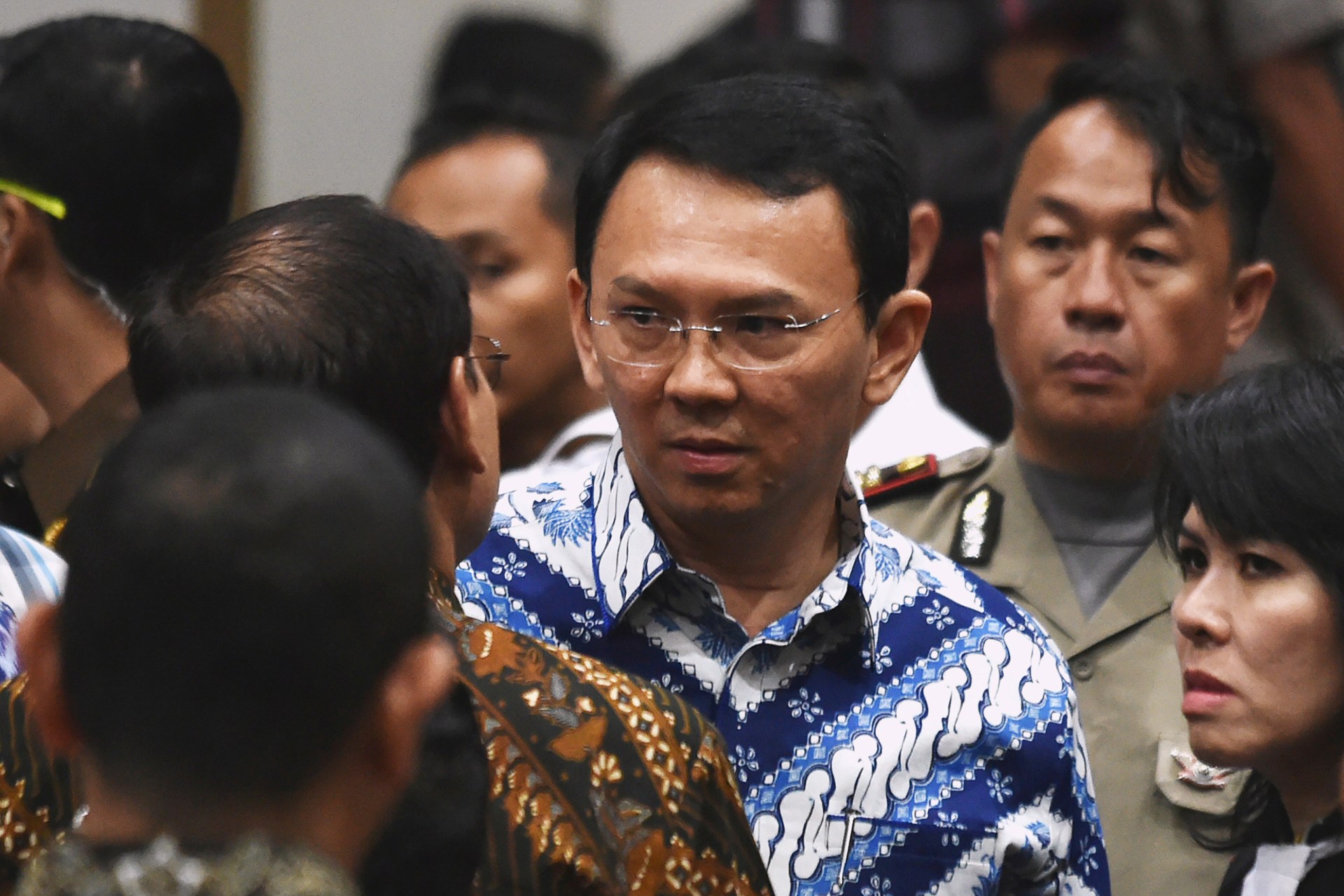Is Indonesia, Once a Democratic Model, on the Road to Strongman Rule?

By experts and staff
- Published
Experts
![]() By Joshua KurlantzickSenior Fellow for Southeast Asia and South Asia
By Joshua KurlantzickSenior Fellow for Southeast Asia and South Asia
One year ago, Basuki Tjahaja Purnama, known by his nickname, Ahok, was riding high. The governor of Jakarta, the capital of Indonesia and largest city, was widely popular, both for policies like crackdowns on graft and his no-nonsense style, uncommon in a country where high-handed, indirect politicians long had been the norm. Although he had been deputy governor and had inherited the job after the former Jakarta governor, Joko Widodo, ran for president, in early 2017 Ahok had an approval rating of roughly 70 percent, an enviable figure. He was indeed the overwhelming favorite to win the 2017 gubernatorial election, and was often mentioned as a future presidential candidate. After all, his predecessor as governor of the capital region, Widodo, had used his platform and his own practical style to position himself for the presidency.
Few have fallen so far in such a short period of time.
For more on my analysis of Ahok’s fall and the potentially worrying implications for Indonesia’s secular democracy, see my new piece in The National.
